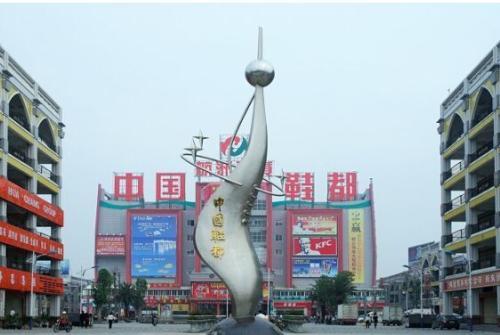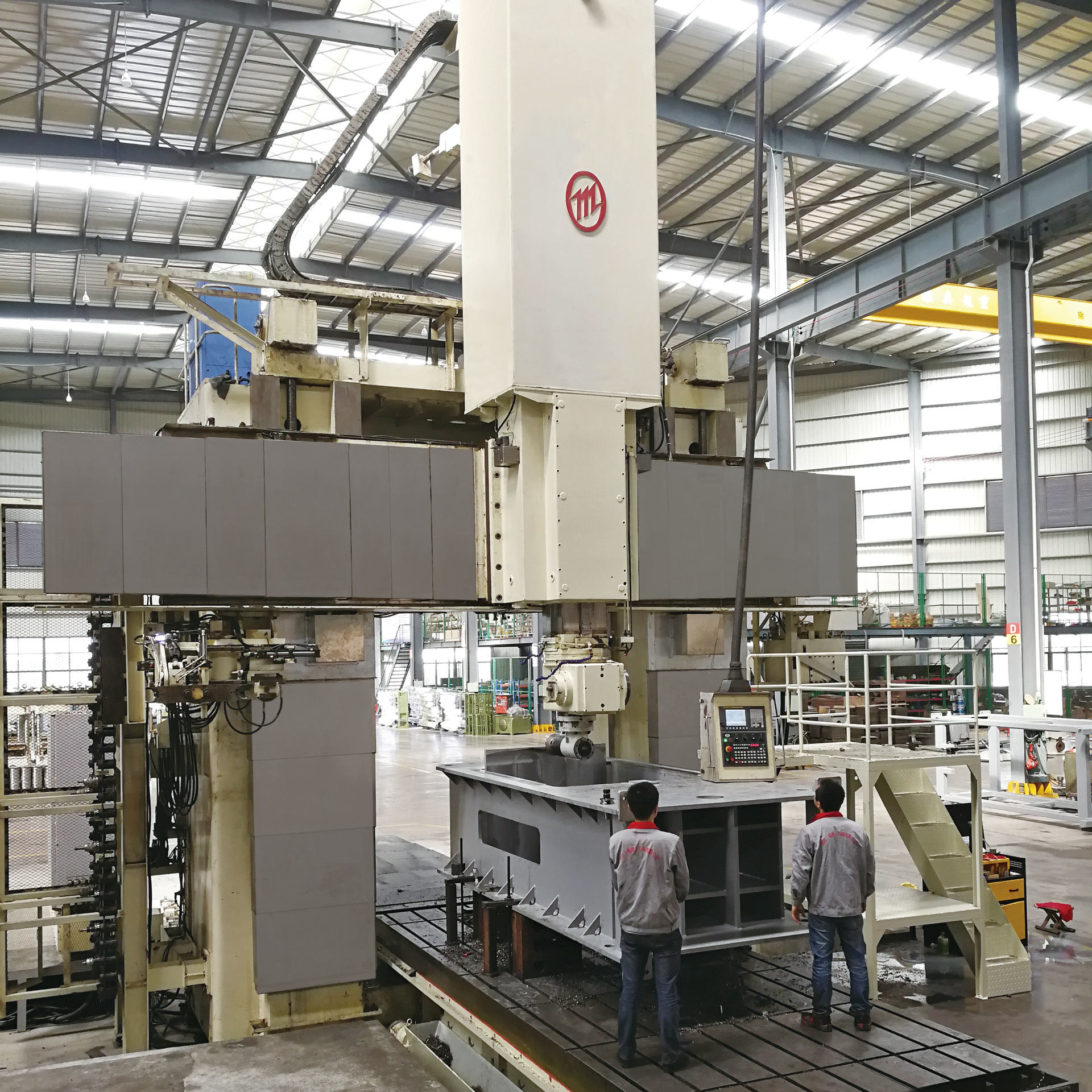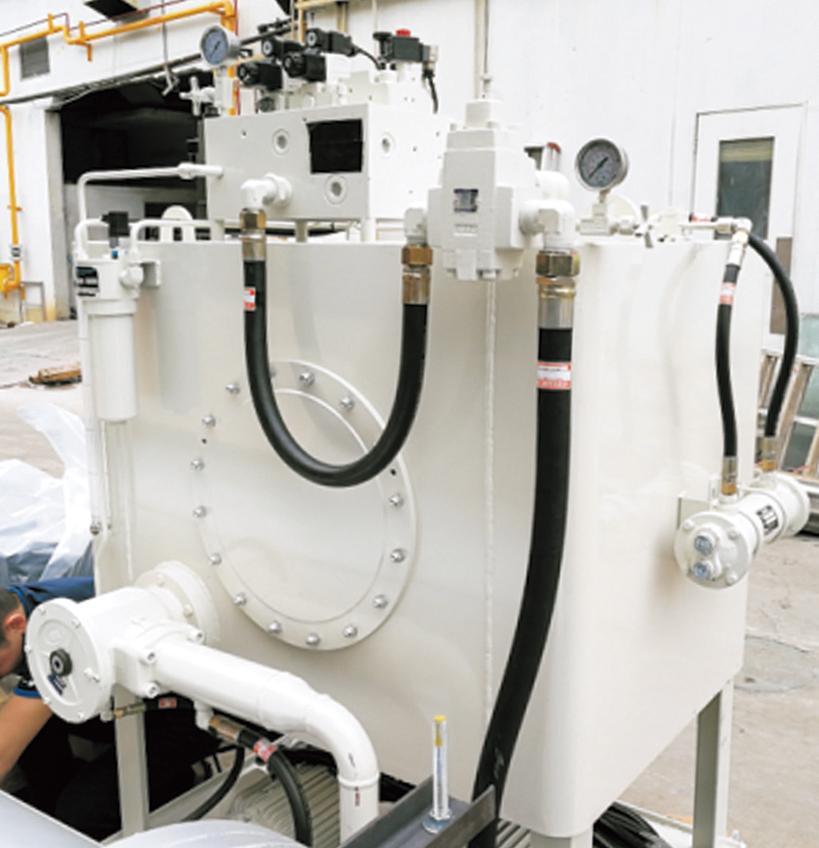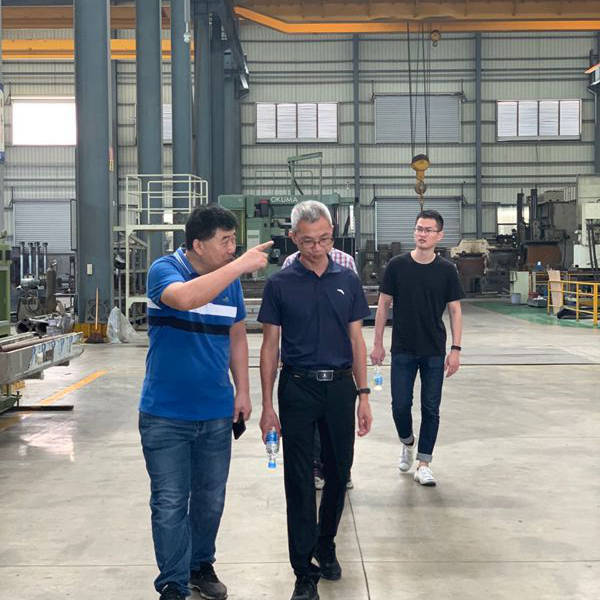Jinjiang, a county-level city in Fujian Province, has given birth to a number of well-known brands such as Anta, 361 degrees, Xtep, Hongxingerke and Noble Bird in the past 30 years of development. it has also been jointly named "China's Shoe Capital" by four institutions, including the China Leather and Shoe Industry Research Institute ".
However, a reporter from the Changjiang Business Daily observed that Jinjiang sports brands are fully polarized, and some brands have entered the first echelon of Chinese sports brands, such as Anta; there are also once-popular brands that have withdrawn from the historical stage, such as Delhui and Xidelong Wait.
Shoe and clothing industry analyst Wang Weiran said in an interview with a reporter from the Yangtze River Commercial Daily on the 10th that the Jinjiang model is the epitome of China's sporting goods manufacturing industry. From blind expansion to industry decline, to the Internet and overseas brands, domestic brands have suffered a reshuffle in the industry. But at that time, Jinjiang sports brand manufacturers were still in the stage of blindly following the trend and "pinching each other" locally, missing the opportunity for transformation.

"Survival of the fittest is the norm in the market. There are industry reasons for the collapse of enterprises, but more of them are their own problems." Wang Weiran believes that the current domestic sports apparel industry as a whole is recovering, and the industry has obvious advantages in concentration. In the future, emerging sports products will be new opportunities for industry development, and Jinjiang sports brands still have the opportunity to break through.
Li Jun, secretary-general of the Fujian Footwear Industry Association, said in an interview with a reporter from the Yangtze River Commercial Daily on the 12th that sports and casual shoes produced in Fujian have accounted for "half of China". In 2017, the footwear industry in Fujian Province achieved double-digit growth throughout the year. With the expansion of industry market segments and high-tech intelligent sports, the entire sporting goods industry is expected to usher in a new round of growth trend. As far as enterprises are concerned, they can no longer follow the trend. They must have a clear market awareness and a sense of urgency in order not to be eliminated by the market.
Delphi fell on the way to listing, with debts of 0.636 billion yuan closed down.
A reporter from the Changjiang Business Daily was informed that at the end of 2017, an asset disposal published in the "Fujian Daily" showed that Delhui's factory, land and warehouse were mortgaged due to the company's debt of 0.636 billion yuan, and the company has now closed down.
The reporter from Changjiang Business Daily saw that in the flagship store of Delhui Tmall, the monthly sales volume of its explosive shoes was only 939 pieces. In contrast, the flagship store of Tebu Tmall, which is also a Jinjiang brand, sells more than 10,000 pieces of sneaker every month. The staff of Tmall flagship store told reporters that the goods sold must be the genuine goods of Delphi manufacturers, some of which are the old models of Delphi, and the new manufacturer is Kaitian Sporting Goods Co., Ltd.
Public information shows that the legal representative of Delphi Co., Ltd. is still its founder Ding Minglu. The legal representative of Kaitian Sporting Goods Co., Ltd. is Tang Mingqiang, and he is also the legal representative of Shangfeng Sporting Goods Co., Ltd. and Fujian Zero Sporting Goods Co., Ltd. According to the data, Kaitian Sports was established in December 2016 with a registered capital of 50 million yuan and its business scope is sporting goods.
Industry insiders believe that although Delphi assets face disposal, but its brand still has a certain market. Kaitian Sports took over the Delphi brand, perhaps in order to make it reborn.
Delhui because of Jay Chou a "do not take the usual road", from the unknown to the Jinjiang Department of second-line brands. According to media reports, Delphi had more than 4000 stores across the country at its peak, but by mid -2017, it had less than 1000.
Wang Weiran said bluntly that in the ten-year cooperation with Jay Chou, Delhui lacked insight into consumers and missed the opportunity for transformation. "As a sports fashion brand, a star endorsement ten years is quite risky." Wang Weiran believes that the decade of Del Hui's rise and fall is a decade in which profound changes have taken place among Chinese consumers. Chinese consumers have moved from blindly recognizing brand effects to rational consumption, and "suitable for themselves" is the most important consumption trend. As an enterprise, the failure to return to the product itself and insight into the changes in the consumption scene is an important reason for the final collapse of the enterprise.
According to the data, Delphi launched a Hong Kong stock listing plan in 2007, but encountered financial turmoil and eventually collapsed. Delphi then moved to A- shares, but after a long wait, Delphi submitted an application for suspension of review to the CSRC in July 2014. In the past eight years, Delphi has paid a huge price on the way to listing.
From blind expansion to survival of the fittest, the "Chinese shoe capital" scenery is no longer
Delhui is not the first stop-production enterprise of Jinjiang sports brand, and it is hard to say that it is the last one. Before Delphi, the U.S. listed company Hildron went bankrupt, and the owner of Hope and the Singapore listed company Crocodile lost contact and owed wages.
In the past 30 years, the "Jinjiang model", which is mainly based on the shoe and clothing industry and is famous at home and abroad, has begun to be questioned.
According to the website of the People's Government of Jinjiang City, in 2015, the total output value of Jinjiang's sports manufacturing industry fell by 6.3 year-on-year, which was 10.2 percentage points lower than the increase in total industrial profits; the profit margin fell by 1.1 year-on-year, which exceeded the regulated industry. According to public data, the economic operation analysis of Jinjiang City in the first three quarters of 2016 showed that 369 regulated industrial enterprises in the city stopped production or reduced production, with a reduction of 25.2 percent, an increase of 1.1 percentage points over the same period last year. Among them, 67 enterprises stopped production and closed down, and the output value was reduced by 13.487 billion yuan, which reduced the output value by 4.4 percentage points.
In May 2017, Hildron, the first Chinese fast-moving consumer goods manufacturer to land on Nasdaq, was declared bankrupt. After pre-IPO financial fraud and post-IPO performance decline, Hildron finally delisted in 2014.
Capital chain rupture, serious homogenization, inventory backlog, the influx of foreign big names, e-commerce impact ...... A series of problems make Jinjiang sporting goods manufacturers such as walking on thin ice.
The People's Government of Jinjiang City admitted in its 2016 "Research on the Development of Sports Industry in Jinjiang City" that the development of sports industry in Jinjiang City has major problems such as immature, low technical content, weak innovation, and serious homogeneity. The article pointed out that there are few flagship leading enterprises in the sports industry in Jinjiang City. Although there are more than 5000 sports industry enterprises, they are generally small, medium and micro enterprises with a small scale. There are few enterprises with an output value of more than 5 billion yuan, and there are no enterprises with an output value of more than 10 billion yuan. The single industrial structure and the serious homogenization of products have failed to form effective differentiation, resulting in intensified competition and declining profits.
According to the official of Jinjiang City, the processing capacity of enterprises in Jinjiang City and the operation of the market are in sharp contrast. In Jinjiang, the structure of products, the construction of the market and the operation of the brand are all in the initial stage of development. Sports manufacturing enterprises such as Jinjiang shoes and clothing generally adopt the method of hiring celebrity endorsements to enhance brand awareness, and this method has been followed by enterprises, but the brand promotion effect has become similar, simple plagiarism makes the development of Jinjiang shoes and clothing industry hit hard.
According to official data, since 2004, Jinjiang shoe companies have invested more than 6.5 billion yuan in advertising on CCTV and local satellite TV alone.
At the same time, the market is changing. Wang Weiran pointed out that the "Jinjiang model" is a microcosm of China's sporting goods manufacturing industry. From 2005 to 2006, the amount of sportswear brand financing increased sharply, and domestic sports production enterprises appeared a blind expansion of production and "enclosure" movement. After 2008, the imbalance between supply and demand in the market, coupled with the rise of e-commerce platforms, the performance of sporting goods stores began to decline. At that time, most of the sporting goods manufacturing enterprises in Jinjiang were still in the stage of blindly following the trend and "pinching each other" locally, and did not see the changes in the outside world of the market, so they missed the best opportunity for enterprise Internet transformation, and did not produce the synergistic effect of regional integration development.
Excellent enterprise countercurrent breakthrough, force to find market segments.
Survival of the fittest is a common practice in military strategists. Under the Jinjiang model, there are also many companies that go against the current and occupy the right to speak in the industry in the market.
Anta brand, which is also the "Jinjiang system", has now entered the first echelon of Chinese sports brands. Today, Anta has a market value of more than 74 billion yuan, with more than 9500 stores, and is one of the world's four largest sporting goods companies together with Nike, Adi and Andemar.
In the opinion of Ding Shizhong, Chairman and CEO of Anta Sports Board of Directors, the "transformation from brand wholesale to brand retail" proposed that year has become an important strategic choice to change the direction of Anta. To store efficiency first, not blindly open shop, in the industry downturn, the first to resume growth. In the industry trough in 2012, Anta took the lead in turning crisis into opportunity and became the industry leader.
Nowadays, if enterprises rely on a single brand, they will not be able to compete with overseas brands such as Nike and Adidas. Ding Shizhong saw that only by implementing a multi-brand strategy can more possibilities be created. According to the 2017 China Daily, FILA's revenue has reached 20% of Anta Group's, and FILA is a clothing brand acquired by Anta in 2009 at HK $0.6 billion, which has become an important driving force for Anta's performance growth. In addition, in September 2017, Anta was reported to have acquired Hong Kong's medium and high-end brand "Xiaoxiao" for 60 million Hong Kong dollars, aiming at the 150 billion children's clothing market.
In addition to its own business, the sports brand Noble Bird has also invested in many fields such as professional football equipment retailers, sports fitness technology applications, e-sports anchors and professional team brokers, and female sportswear brands. There are dozens of investment projects, involving nearly 5 billion yuan, seeking the development of their own brands. Senma, Seven Wolves, Anta, Li Ning, etc. have opened up a trillion-dollar new retail market.
There is no bad environment, only do not adapt to the enterprise. In Wang Weiran's view, being excellent and refined is the foundation for an enterprise to survive. Jinjiang model is changing, each enterprise began to look for market segments, looking for their own power point.
Narrow gap with international brands, emerging sports or development opportunities
As a county-level city, Jinjiang has nearly 40 listed companies, which has become the county-level city with the largest number of listed companies in China.
The financial report for the first half of 2017 showed that during the reporting period, in the comparison of operating income, Anta surpassed the sum of Li Ning and 361 in the second and third positions in the industry. In addition to the year-on-year decline in revenue and net profit of Tebu, Anta, Li Ning and 361 all achieved stable growth in performance. On the whole, from 2012 to the present, the gross profit margins of Anta, Li Ning and 361 ° are all on the rise, of which Anta's gross profit margin has exceeded 50%.
"Sports and casual shoes produced in Fujian have occupied half of China's", Li Jun said proudly in an interview that the footwear industry in Fujian Province achieved double-digit growth throughout the year in 2017. Li Jun pointed out that with the expansion of industry market segments and high-tech and intelligent sports, the entire sporting goods industry is expected to usher in a new round of growth trends.
In Li Jun's view, sporting goods manufacturers must change their market positioning as a traditional manufacturing industry. With the advent of the era of intelligence and big data, the clothing and footwear industry has changed from functional to intelligent, and the sports manufacturing industry has already included many technologies. content. Products should strengthen the scientific and technological content from new angles such as manufacturing technology, product functions, marketing channels, and business models, and comprehensively upgrade the production and manufacturing of the shoe industry.
Wang Weiran believes that after years of development of domestic shoe brands, the gap between product quality and foreign brands is narrowing. In terms of channels, domestic brands have more geographical advantages, especially in third-and fourth-tier cities. Wang Weiran suggested that on the one hand, sporting goods manufacturers can continue to maintain the existing "formation", and at the same time, they can strengthen product development in special sports, such as skiing and water sports, to break through the high-end market in first-tier cities. The future of emerging sports products will be a new opportunity for the development of the industry.









